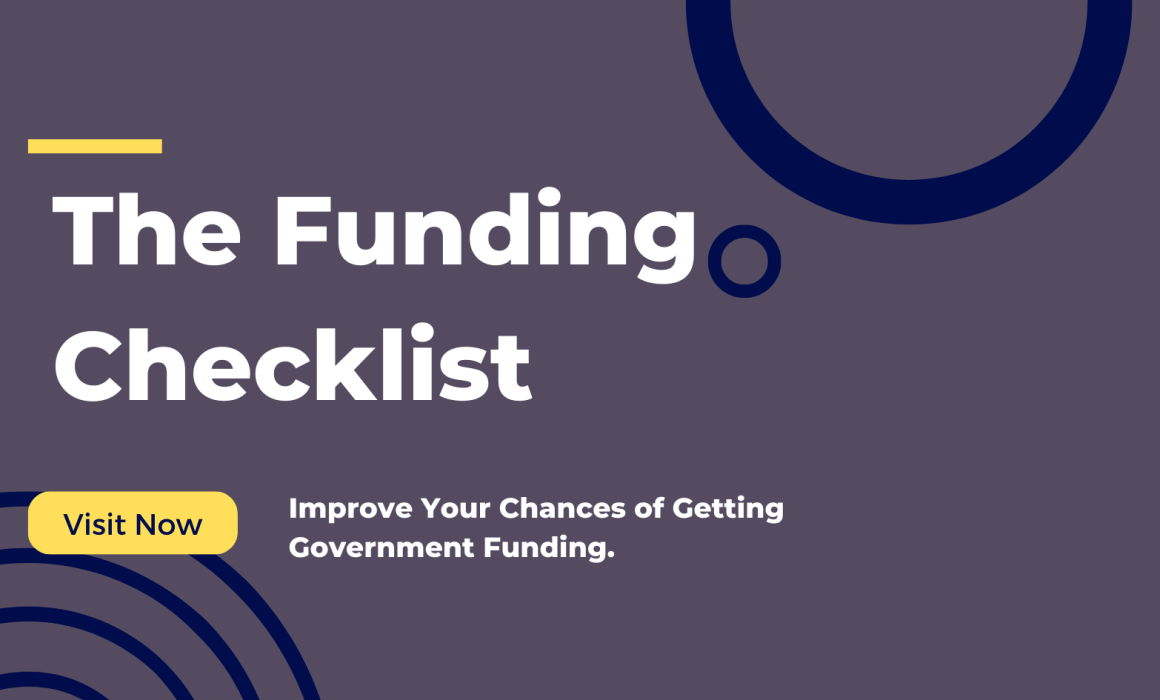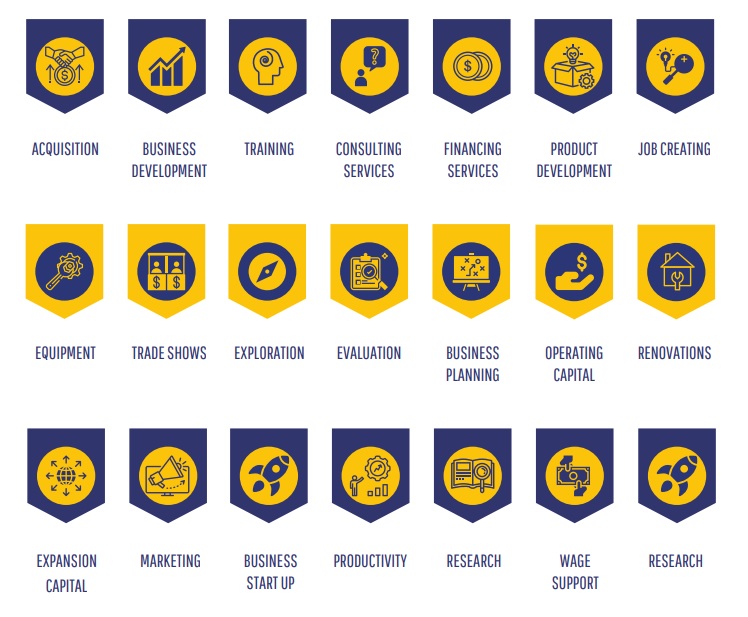Government Funding in Alberta Understanding the Basics The world of entrepreneurship in Alberta is vibrant and full of potential. One key aspect that fuels this ecosystem is the availability of government funding, particularly free grants and other financial aids. In this comprehensive guide, we delve into the nuances of these opportunities, highlighting what entrepreneurs need to know to tap into this valuable resource.
Types of Government Funding Available Grants, Tax Credits, Loans and Loan Guarantees Did you know that the government of Alberta offers various types of funding? From outright grants that don’t require repayment to beneficial tax credits and supportive loan guarantees, the range is extensive. Each of these funding types serves different business needs and stages.
Eligibility Criteria for Free Government Funding Business Size and Type, Project Nature and Goals Who qualifies for these funds? The answer lies in a mix of factors including your business size, the sector you operate in, and the nature of your project. Understanding these criteria is the first step towards a successful application.
Navigating the Application Process Preparing Your Application, Key Documents Required The journey to securing government funding is often laden with detailed applications and specific documentation. We’ll walk you through the essentials of preparing a compelling application, ensuring you present your business case effectively.
Spotlight on Popular Grant Programs Innovation Grants, Environmental Grants, Small Business Growth Grants Alberta is home to numerous grant programs targeting various sectors. Whether you’re innovating in tech or focusing on environmental sustainability, there’s likely a grant for you. We highlight some of the most popular programs that have propelled businesses forward.
Case Studies: Success Stories in Alberta Tech Startup Triumphs, Green Innovation in Small Businesses Nothing inspires more than real success stories. We bring you close to entrepreneurs who’ve successfully navigated the funding landscape, from tech startups to eco-friendly initiatives.
Utilizing Professional Assistance Consulting with Experts, Leveraging Online Resources Sometimes, the best approach is to seek professional guidance. There are experts and online resources available that can demystify the process and increase your chances of success.
Common Pitfalls to Avoid in Applications Incomplete Information, Lack of Clear Objectives Awareness of common mistakes can be your saving grace. Avoiding pitfalls like incomplete applications and unclear objectives is crucial in your funding journey.
Staying Updated on Funding Opportunities Government Websites, Networking Events The funding landscape is dynamic, with new opportunities emerging regularly. We discuss how to stay informed and ready to seize these opportunities as they arise.
Leveraging Grants for Business Growth Strategic Investment, Long-term Planning Once you secure funding, what next? We explore how to strategically invest these funds for sustainable growth and long-term business success.
The Role of Government Funding in Economic Development Job Creation, Technological Advancements Government funding isn’t just about individual business growth; it plays a pivotal role in broader economic development. This includes job creation and fostering technological innovation.
- Preparing for Future Funding Rounds
- Record-Keeping
- Evaluating Business Progress
Securing government funding is not a one-time event. For continuous success, maintaining meticulous records and regularly evaluating your business’s progress is essential. This proactive approach not only prepares you for future funding opportunities but also ensures sustainable business growth.
- Testimonials from Alberta Entrepreneurs
- Real-Life Experiences
- Tips from Successful Applicants
Hearing directly from those who have walked this path can be incredibly insightful. We share testimonials from Alberta entrepreneurs who have successfully obtained government funding. Their experiences and practical tips offer a wealth of knowledge for aspiring applicants.
- Conclusion: Maximizing Opportunities for Free Money
- Recap of Key Points
- Encouragement for Entrepreneurs
In conclusion, accessing free government funding in Alberta opens a world of opportunities for entrepreneurs. By understanding the types of funding available, meeting eligibility criteria, and effectively navigating the application process, entrepreneurs can significantly enhance their business prospects. Remember, the journey to securing these funds is as important as the destination. Stay informed, prepared, and proactive to make the most of these opportunities.
FAQs
- What are the most common types of government funding available in Alberta? Government funding in Alberta primarily includes grants, tax credits, and loans or loan guarantees. Each serves different business needs and stages.
- How do I know if my business is eligible for government funding? Eligibility depends on factors like business size, industry sector, and the nature of your project. Specific criteria vary across different funding programs.
- What are the key steps in the application process for government funding? The application process typically involves preparing a detailed business plan, financial statements, and demonstrating how your project aligns with the funding program’s objectives.
- Can small businesses in Alberta access government grants? Absolutely! There are numerous grant programs specifically designed to support small businesses in various sectors.
- How can I stay informed about new government funding opportunities? Regularly visit government websites, subscribe to newsletters, and attend networking events related to your industry to stay informed about new funding opportunities.










Recent Comments